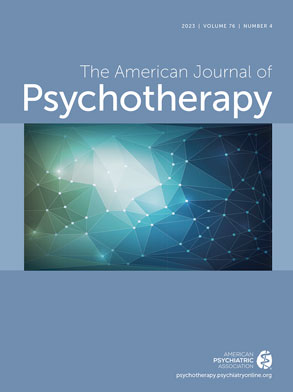The American Psychological Association acknowledges disability as one of many cultural identities or individual differences (
https://www.apa.org/about/policy/multicultural-guidelines.pdf). Nevertheless, in applied psychology training, discussions of disability remain noticeably limited within multicultural initiatives. Wilbur et al. (
5), in a study of psychologists supervising practicum trainees with disabilities, found that the supervisors lacked formal training, awareness of disability issues, and understanding of ways to maintain an equitable environment for their students. These findings echo my personal experiences as a student; some supervisors know little about how to accommodate my compromised visual acuity, let alone how to facilitate discussion of disability as it pertains to the therapeutic process and multiculturalism. In fact, during the multicultural training I have undergone throughout my education, disability was rarely on the curriculum. I do not fault my faculty or supervisors for this failure. Instead, this deficiency likely reflects wider systemic barriers within psychotherapy training that impede development of competencies related to working with individuals with disabilities.
The scant literature on disability in psychotherapy training has historically been—and remains—grounded within rehabilitation counseling and accommodation (
4). Although it is likely useful that the field of rehabilitation counseling extends the medical model to the treatment of people with new or recent disabilities, such as via the development of person-specific accommodations and evidence-based treatments (
4), I argue that a focus on disabilities as deficits or abnormalities requiring treatment, which excludes multicultural and contextual factors pertaining to disability, is not appropriate for most trainees or clients with disabilities, nor is it wholly representative of the greater community of people with disabilities. Instead, the “social model” (
4) views disability as a product of environment and policy, thus placing the focus on systemic factors that privilege persons without disabilities and do not allow for accommodation of others. Although the medical and social models can coexist, the literature is replete with labels that define disability as an abnormality or weakness (
4). The medical lens of disability contrasts starkly with the views of some in the disability community (e.g., the deaf community) who do not view their disability identity as having a weakness in need of fixing. In 2019, the American Psychological Association’s Division for Rehabilitation Psychology published a special issue concerning social justice, diversity, and health disparities relating to disability as an identity (
6), reflecting the recent movement toward positioning disability as a social construct and highlighting the systems of discrimination and oppression that hinder the community of people with disabilities.

